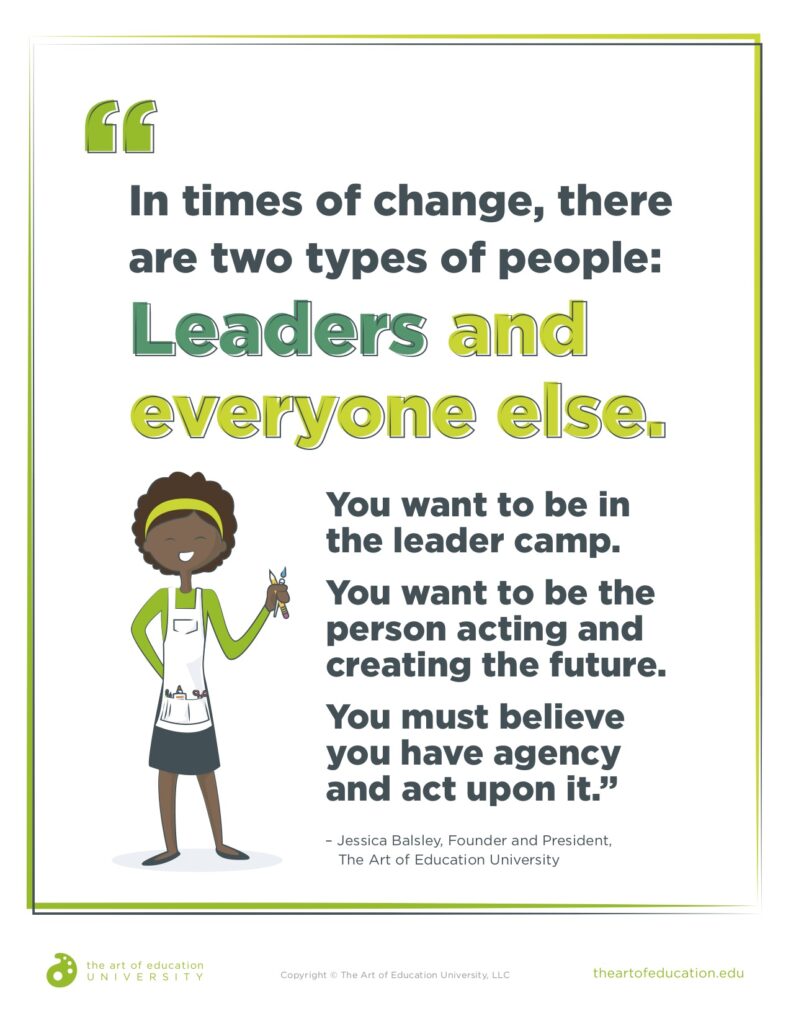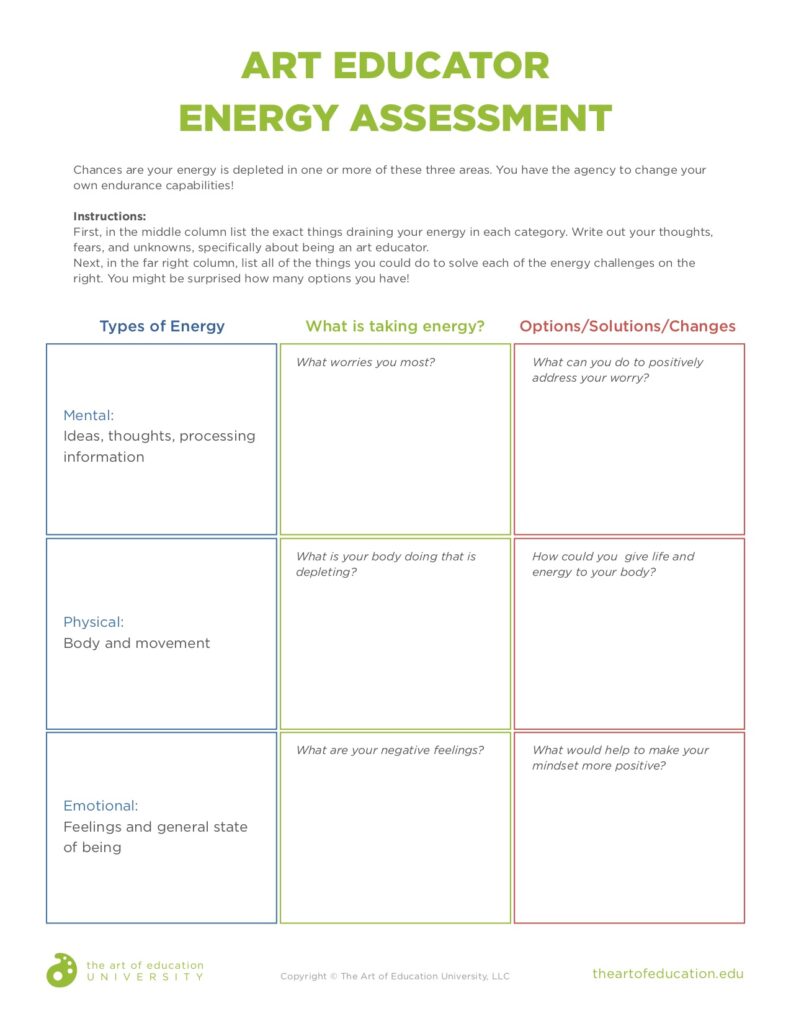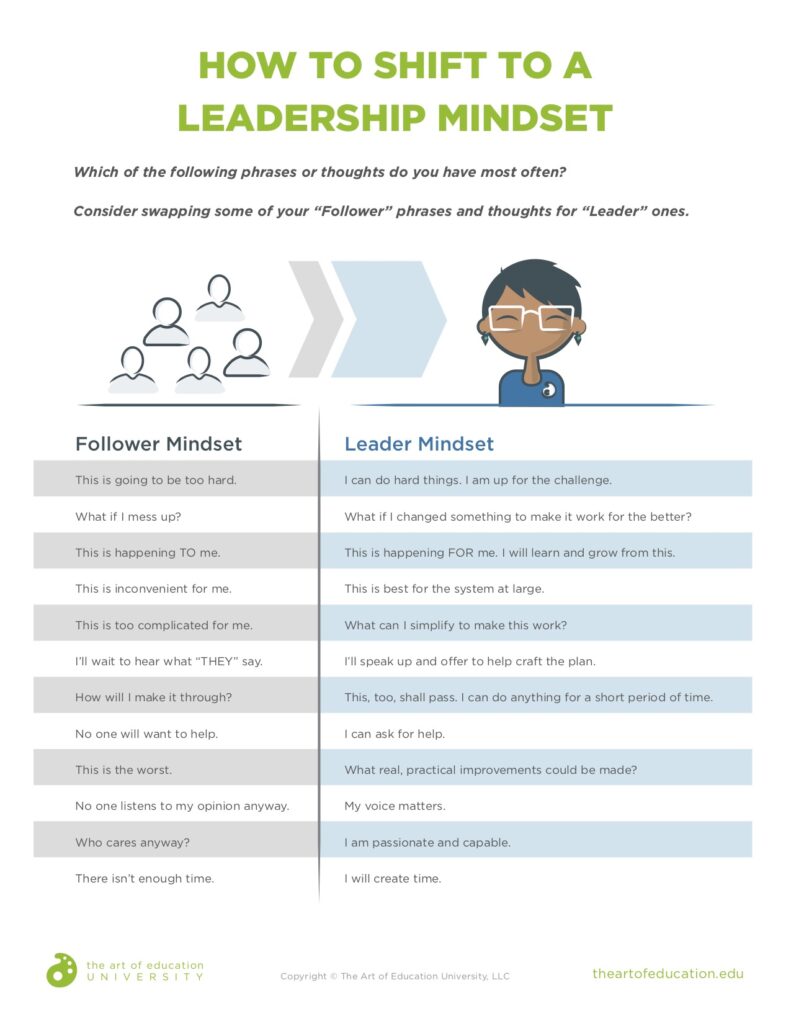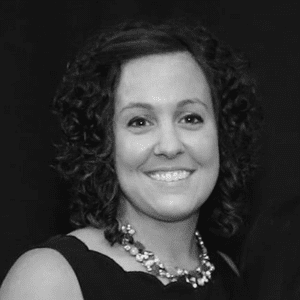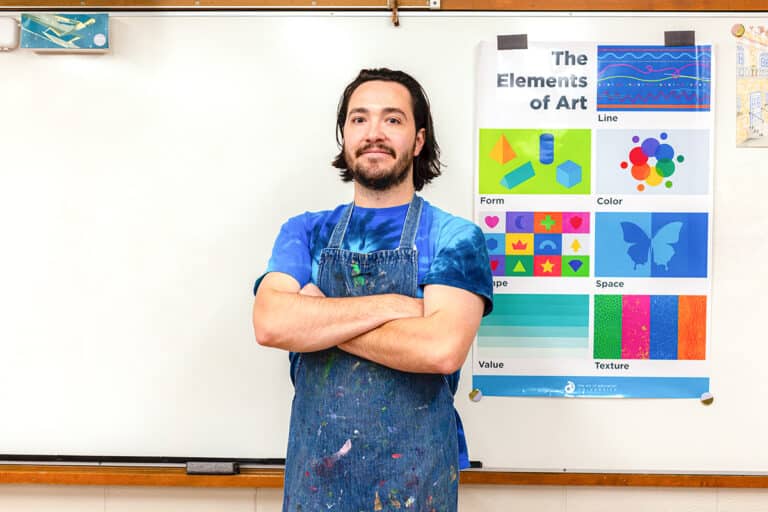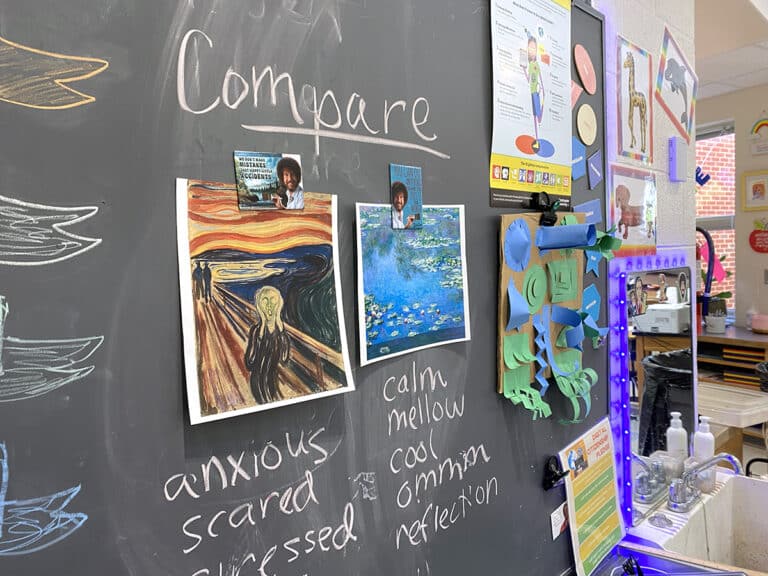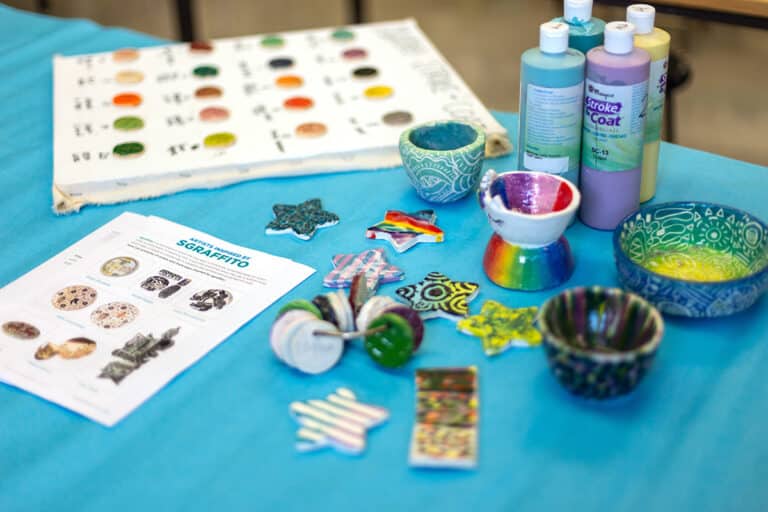Change is a constant in life, but that doesn’t make it easy.
Change is hard for everyone.
The upcoming school year is providing more change and unknown than many of us have seen in our careers. This impacts our classroom, our families, and our futures. The unknown can be paralyzing. Most people do much better with a plan. However, when the plan keeps changing, it can be hard to stay levelheaded and make tactical steps forward.
We are made for change.
According to leadership expert, Mike Wagner of White Rabbit Group, in crisis and times of change, we often go through a version of the “stages of grief” as we process the information. These are not linear, but instead cyclical or even sporadic as you jump from stage to stage.
- Skepticism: I am under reaction, I am stuck.
- Alarm: I am reactive and chaotic.
- Adjustment: I am in trial and error. I am tweaking as I go.
- Sustainability: I have proven processes that work.
Every time we gain new information or the plan changes, it can send us back to the beginning of the process to repeat the steps all over again. This can be exhausting! It is no wonder moving forward is difficult.
You may think getting to sustainability is the ultimate goal. In most cases, it typically is. But when the target keeps changing, good leaders must stay in the “Adjustment” stage instead, continuing to tweak and try new things based on information on the ground.
The good news is that art educators are uniquely made for change. We are flexible, adaptable, and creative. The “Adjustment” stage is our middle name. We are used to changing plans based on a student’s needs or rising to an unforeseen challenge. We can shine like never before, while those around us might be flailing.
Maintaining Endurance
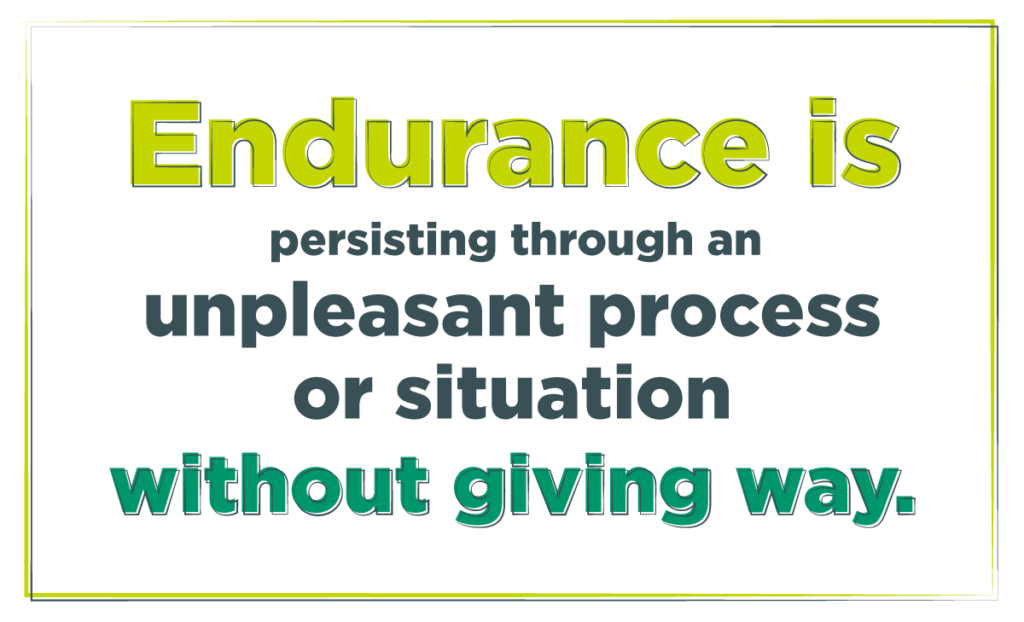
To manage change over a sustained period of time, you will need endurance for the journey. Endurance is persisting through an unpleasant process or situation without giving way. In order to stay strong and keep your endurance high, you will need a vast amount of energy. No, I’m not talking about coffee, but instead three separate types of energy that help you maintain endurance through constant change and adjustment.
Three types of energy:
-
- Mental: Ideas, thoughts, processing
- Physical: Body and movement
- Emotional: feelings, the general state of being
Chances are, your energy is feeling depleted in one or more of these three areas. You have the agency to change your own endurance capabilities! Use the worksheet we’ve provided to get your thoughts, fears, and unknowns about the upcoming school year written out on paper. Where are you spending your energy? Where do you need to work on your energy endurance?
Download this worksheet to help you assess your energy.
Sometimes just remembering we have options is empowering and gives us agency.
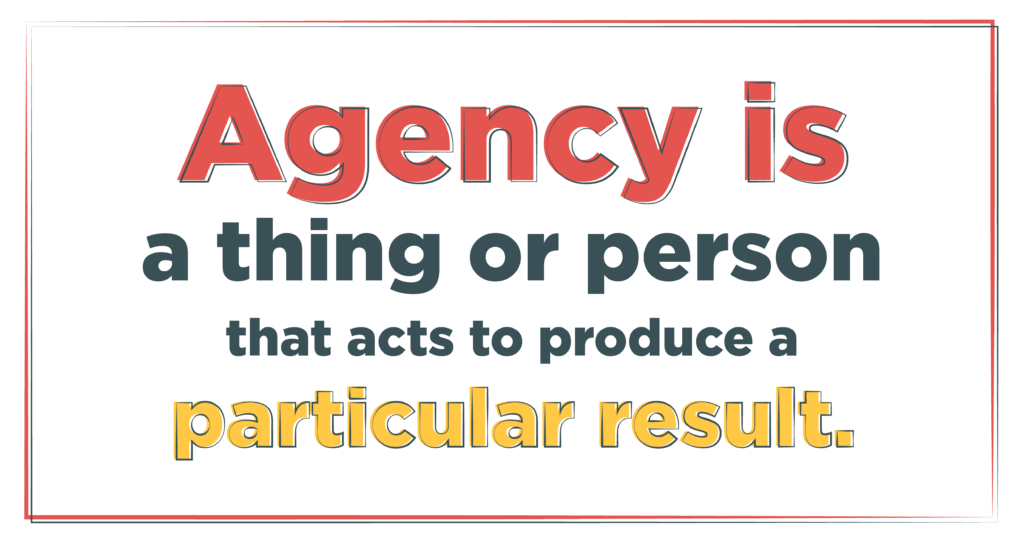
Agency is a thing or person that acts to produce a particular result.
Having a Leadership Mindset
In times of change, there are two types of people. Leaders and everyone else. You want to be in the leader camp. You want to be the person acting and creating the future. You must believe you have agency and act upon it. This could mean joining a district committee, advocating for your ability to teach online, being proactive with ideas, or simply practicing “self-leadership” by positively controlling what you can for your program and your students.
Leadership is a mindset, not a title. You can have a leadership mindset right now when it comes to response to change. Sometimes we fall into a follower mindset by default. Then we become so used to it we believe change is impossible. The truth is change happens, you are meant for it, you can be a leader with it.
Being a leader starts with yourself. How can you shift your ‘follower’ mindset to a ‘leader’ one? Download this handout as a reminder.
You’ve Got This!
Keep it simple. Keep your expectations in check. Look for leadership opportunities. Get uncomfortable, and have faith in yourself to climb the hills you encounter. You will be defined as a leader, not by how you acted on flat land, but how you climbed the hill.
What worries you most about change?
What could you change to have a better leadership mindset?
Magazine articles and podcasts are opinions of professional education contributors and do not necessarily represent the position of the Art of Education University (AOEU) or its academic offerings. Contributors use terms in the way they are most often talked about in the scope of their educational experiences.

